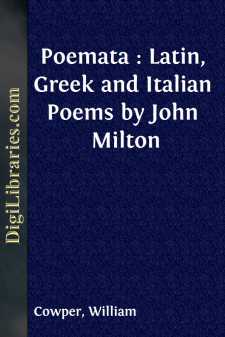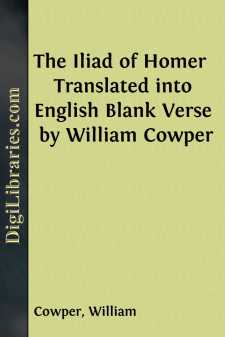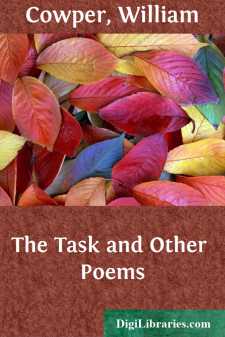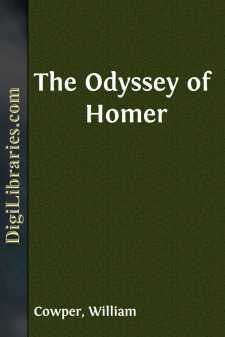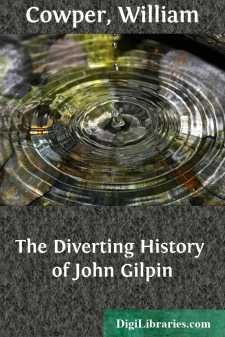Categories
- Antiques & Collectibles 13
- Architecture 36
- Art 48
- Bibles 22
- Biography & Autobiography 813
- Body, Mind & Spirit 142
- Business & Economics 28
- Children's Books 15
- Children's Fiction 12
- Computers 4
- Cooking 94
- Crafts & Hobbies 4
- Drama 346
- Education 46
- Family & Relationships 57
- Fiction 11828
- Games 19
- Gardening 17
- Health & Fitness 34
- History 1377
- House & Home 1
- Humor 147
- Juvenile Fiction 1873
- Juvenile Nonfiction 202
- Language Arts & Disciplines 88
- Law 16
- Literary Collections 686
- Literary Criticism 179
- Mathematics 13
- Medical 41
- Music 40
- Nature 179
- Non-Classifiable 1768
- Performing Arts 7
- Periodicals 1453
- Philosophy 64
- Photography 2
- Poetry 896
- Political Science 203
- Psychology 42
- Reference 154
- Religion 513
- Science 126
- Self-Help 84
- Social Science 81
- Sports & Recreation 34
- Study Aids 3
- Technology & Engineering 59
- Transportation 23
- Travel 463
- True Crime 29
Poemata : Latin, Greek and Italian Poems by John Milton
by: William Cowper
Description:
Excerpt
Complimentary Pieces Addressed to the Author.
1Well as the author knows that the following testimonies are not so much about as above him, and that men of great ingenuity, as well as our friends, are apt, through abundant zeal, so to praise us as rather to draw their own likeness than ours, he was yet unwilling that the world should remain always ignorant of compositions that do him so much honour; and especially because he has other friends, who have, with much importunity, solicited their publication. Aware that excessive commendation awakens envy, he would with both hands thrust it from him, preferring just so much of that dangerous tribute as may of right belong to him; but at the same time he cannot deny that he sets the highest value on the suffrages of judicious and distinguished persons.
1 Milton's Preface, Translated.
1 These complimentary pieces have been sufficiently censured by a great authority, but no very candid judge either of Milton or his panegyrists. He, however, must have a heart sadly indifferent to the glory of his country, who is not gratified by the thought that she may exult in a son whom, young as he was, the Learned of Italy thus contended to honour.—W.C.
The Neapolitan, Giovanni Battista Manso, Marquis of Villa,
to the Englishman, John Milton.
What features, form, mien, manners, with a mind
Oh how intelligent, and how refined!
Were but thy piety from fault as free,
Thou wouldst no Angle1 but an Angel be.
1 The reader will perceive that the word "Angle" (i.e. Anglo- Saxon) is essential, because the epigram turns upon it.—W.C.
An Epigram Addressed to the Englishman, John Milton, a Poet
Worthy of the Three Laurels of Poesy, the Grecian, Latin, and
Etruscan, by Giovanni Salzilli of Rome
Meles1 and Mincio both your urns depress!
Sebetus, boast henceforth thy Tasso less!
But let the Thames o'erpeer all floods, since he,
For Milton famed, shall, single, match the three.
1 Meles is a river of Ionia, in the neighborhood of Smyrna, whence
Homer is called Melesigenes.
The Mincio watered the city of Mantua famous as the birthplace
of Virgil.
Sebetus is now called the Fiume della Maddalena—it runs through
Naples.—W.C.
To John Milton.
Greece sound thy Homer's, Rome thy Virgil's name,
But England's Milton equals both in fame.
—Selvaggi.
To John Milton, English Gentleman.
An Ode.
Exalt Me, Clio,1 to the skies,
That I may form a starry crown,
Beyond what Helicon supplies
In laureate garlands of renown;
To nobler worth be brighter glory given,
And to a heavenly mind a recompense from heaven.
Time's wasteful hunger cannot prey
On everlasting high desert,
Nor can Oblivion steal away
Its record graven on the heart;
Lodge but an arrow, Virtue, on the bow
That binds my lyre, and death shall be a vanquished foe.
In Ocean's blazing flood enshrined.
Whose vassal tide around her swells,
Albion....


